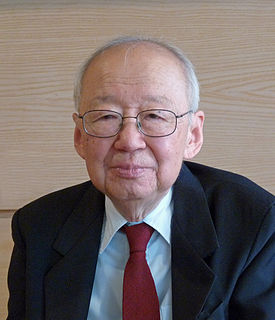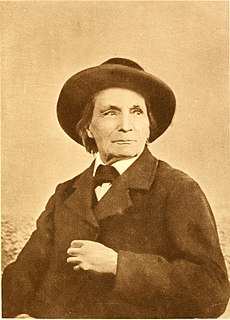Цитата И-Фу Туана
Именно благодаря вдумчивому размышлению неуловимые моменты прошлого приближаются к нам в настоящей реальности и обретают определенную постоянство.
Связанные цитаты
Бог, приближающийся из любви, продолжал Святой Отец, ходит со Своим народом, и это хождение достигает невообразимой точки. Мы никогда не могли себе представить, что один и тот же Господь станет одним из нас и будет ходить с нами, будет присутствовать с нами, присутствовать в Своей Церкви, присутствовать в Евхаристии, присутствовать в Своем Слове, присутствовать в бедных, Он присутствует, ходит с нас. И это близость: пастух близок к своему стаду, близок к своим овцам, которых он знает, одну за другой.
Брак — это попытка узаконить любовь. Это от страха. Это мысли о будущем, о завтрашнем дне. Человек всегда думает о прошлом и будущем, и из-за этого постоянного размышления о прошлом и будущем он разрушает настоящее. И настоящее — единственная существующая реальность. Человек должен жить в настоящем. Прошлое должно умереть, и ему нужно позволить умереть.
Да, мы будем делать ошибки. Да, мы поколеблемся. Но если мы стремимся увеличить свою любовь к Богу и стремимся любить своего ближнего, свет Евангелия будет окружать и возвышать нас. Тьма обязательно рассеется, потому что она не может существовать в присутствии света. Когда мы приближаемся к Богу, Он приближается к нам.
Вы можете возразить, что прошлого не существует. Никто не жил прошлым. Они жили настоящим. Это их настоящее, а не наше настоящее, и они не знают, чем оно обернется. Они не были такими, как мы, потому что жили совсем в другое время. Вы не сможете понять их, если не поймете, как они воспринимали реальность.
История, по словам Буркхардта, — это «запись того, что одна эпоха находит заслуживающей внимания в другой». Прошлое понятно нам только в свете настоящего; и мы можем полностью понять настоящее только в свете прошлого. Дать человеку возможность понять общество прошлого и усилить свое господство над обществом настоящего — вот двойная функция истории.
































